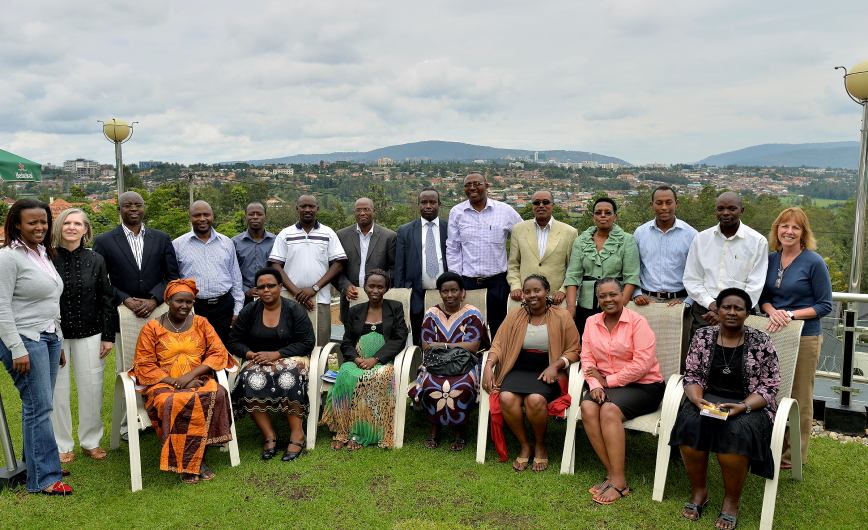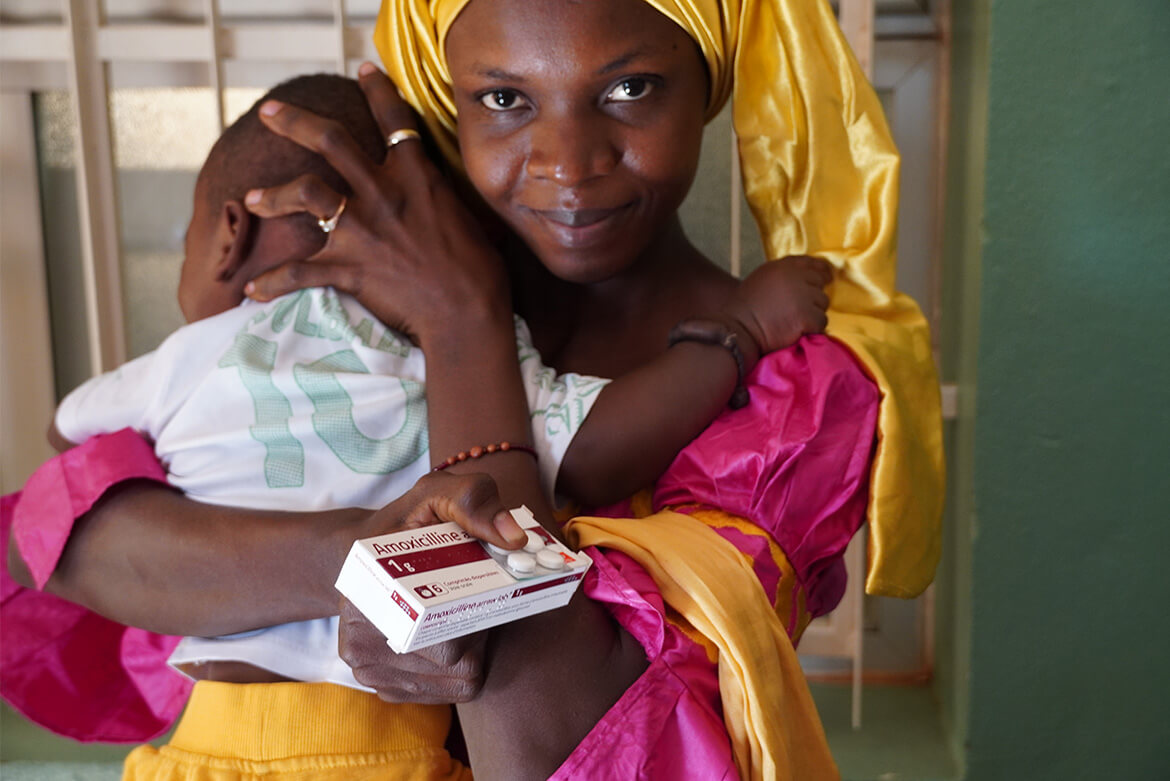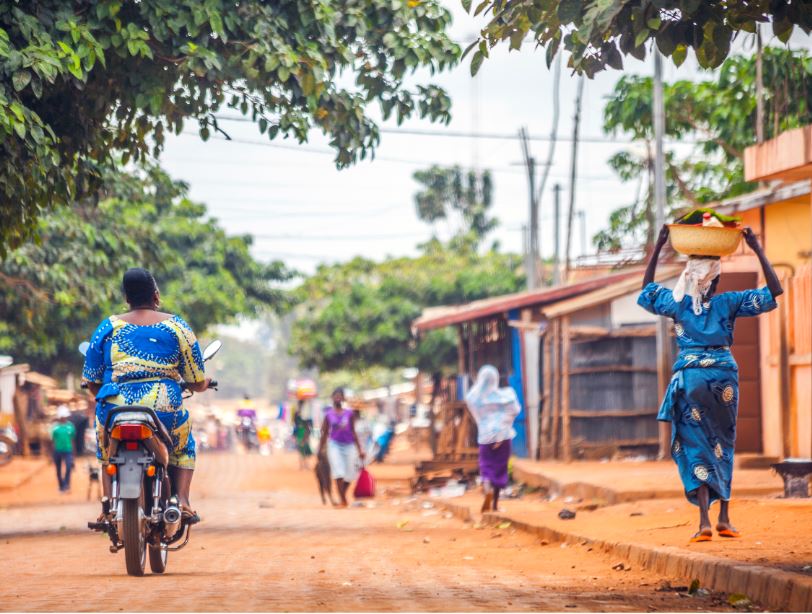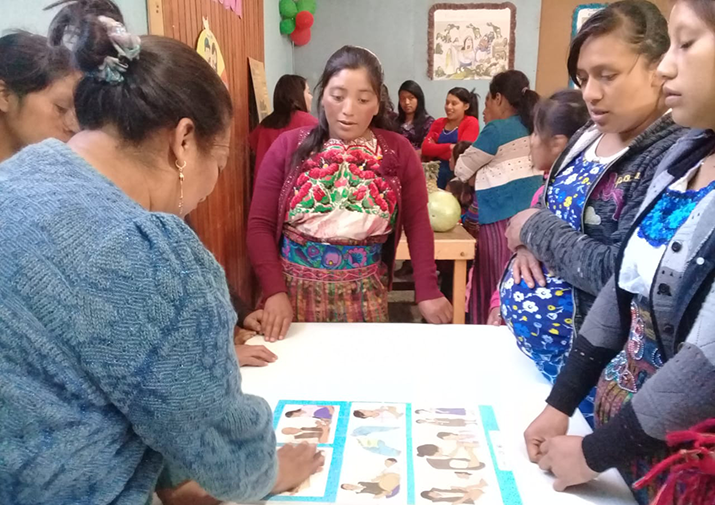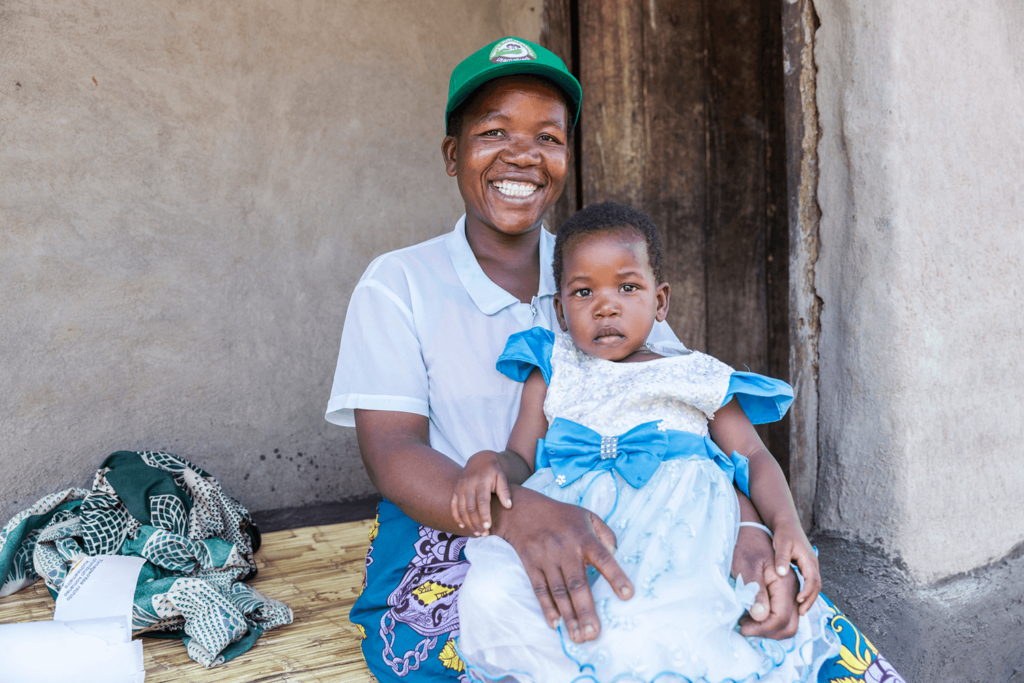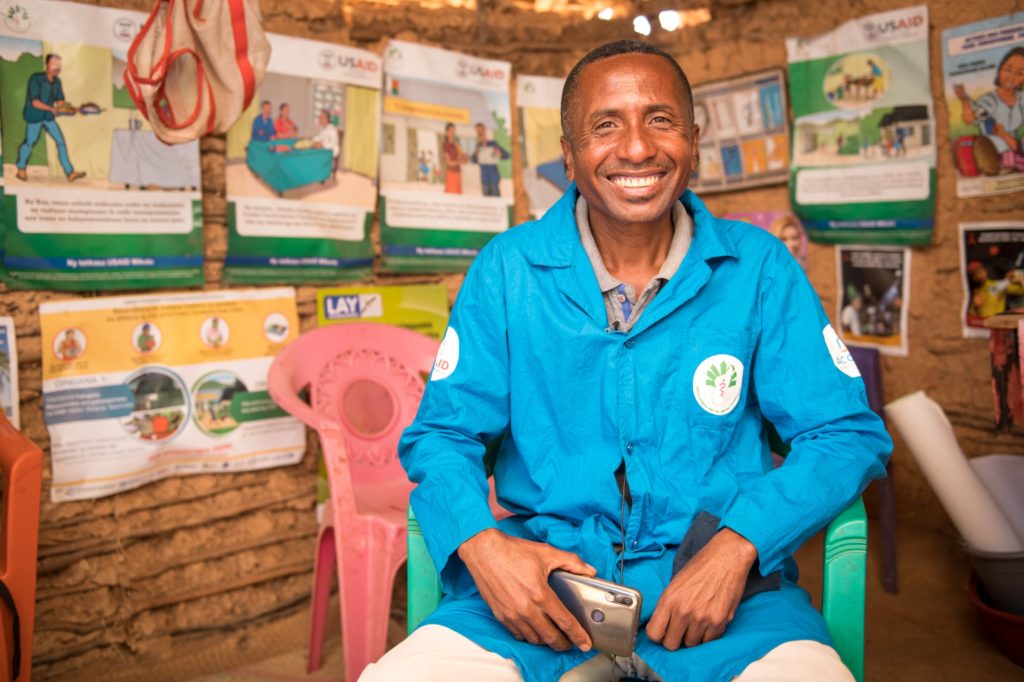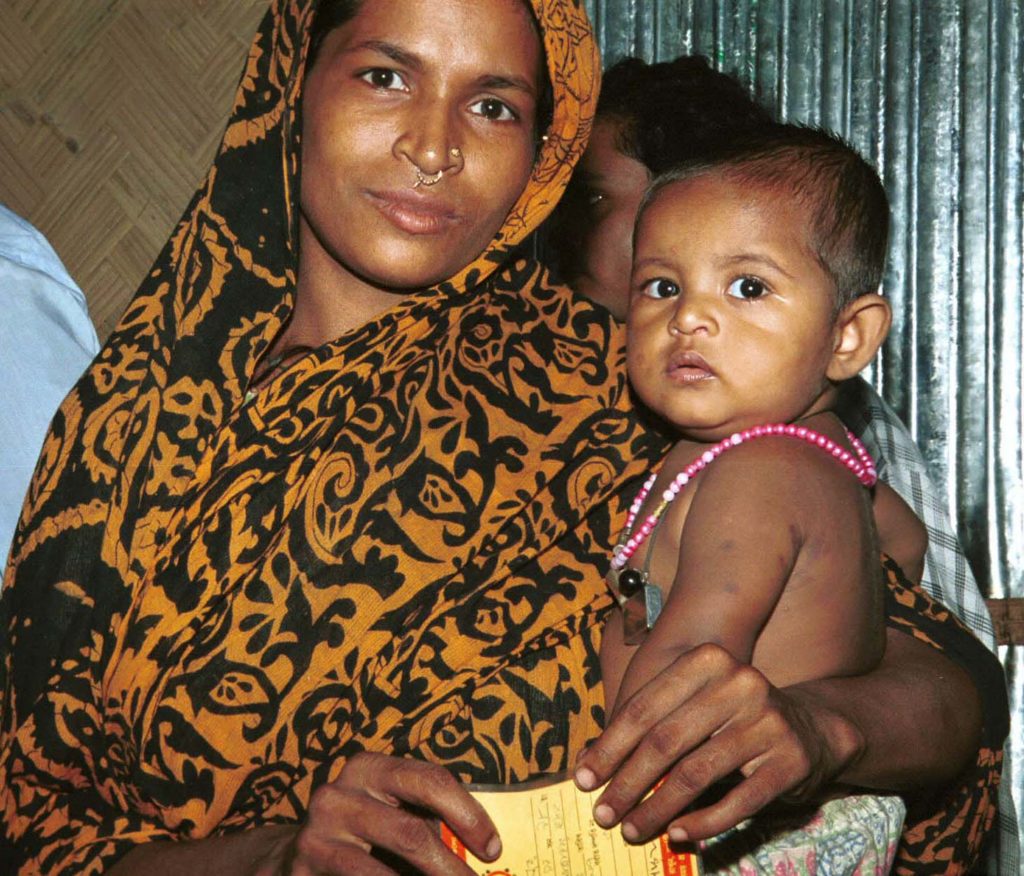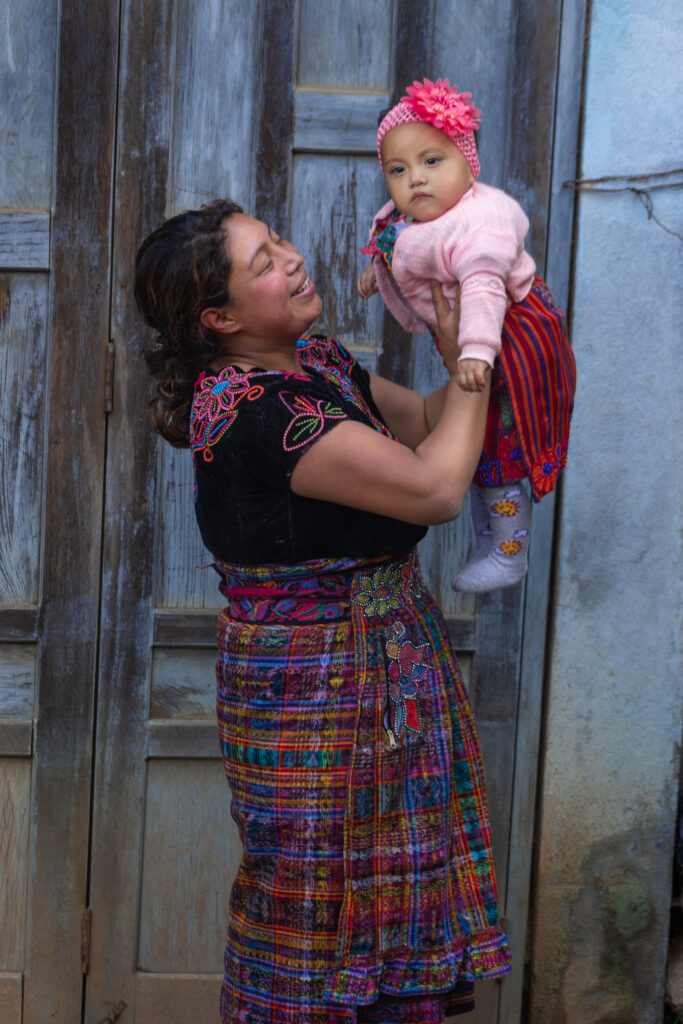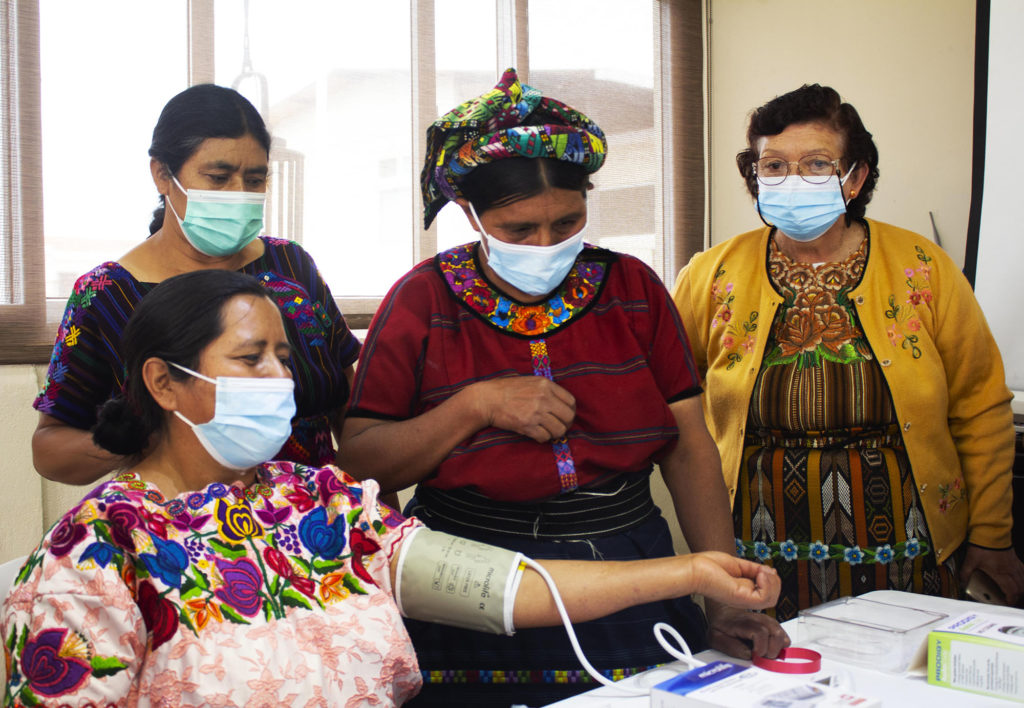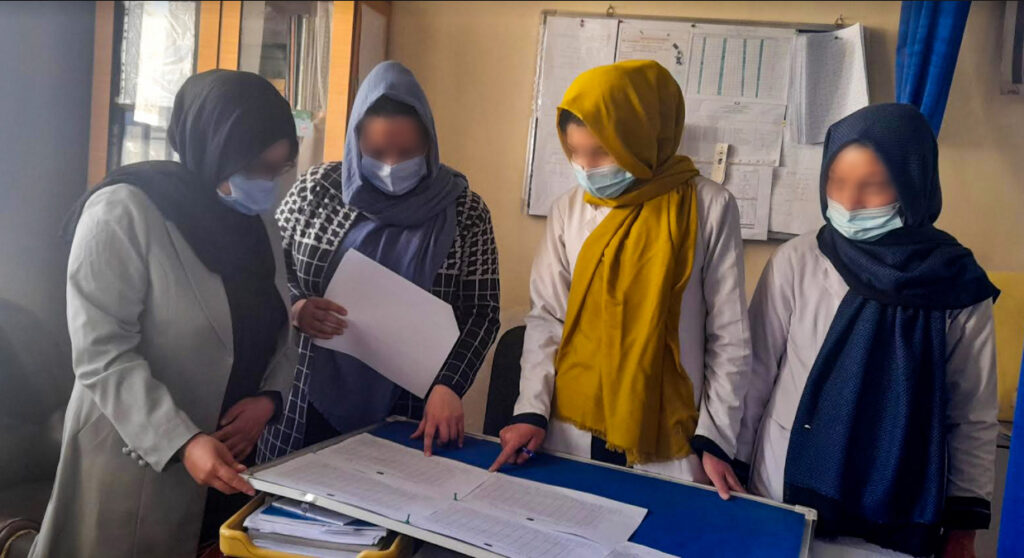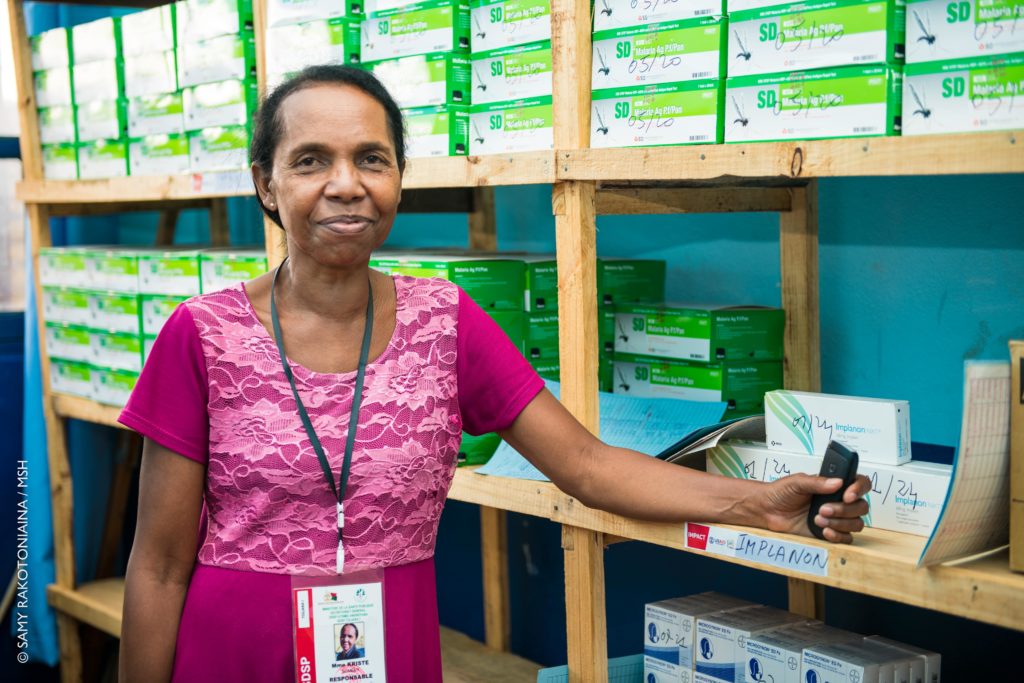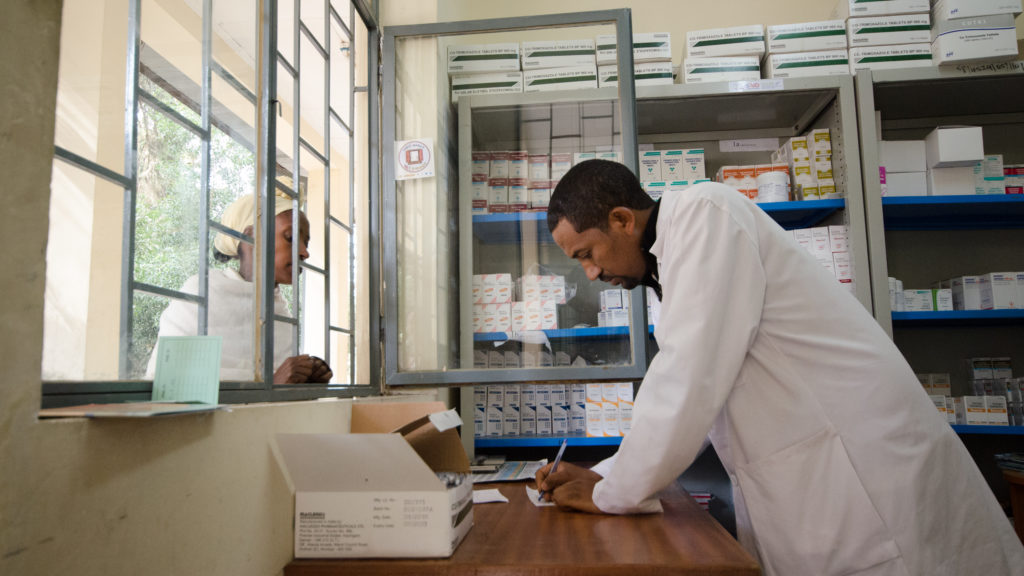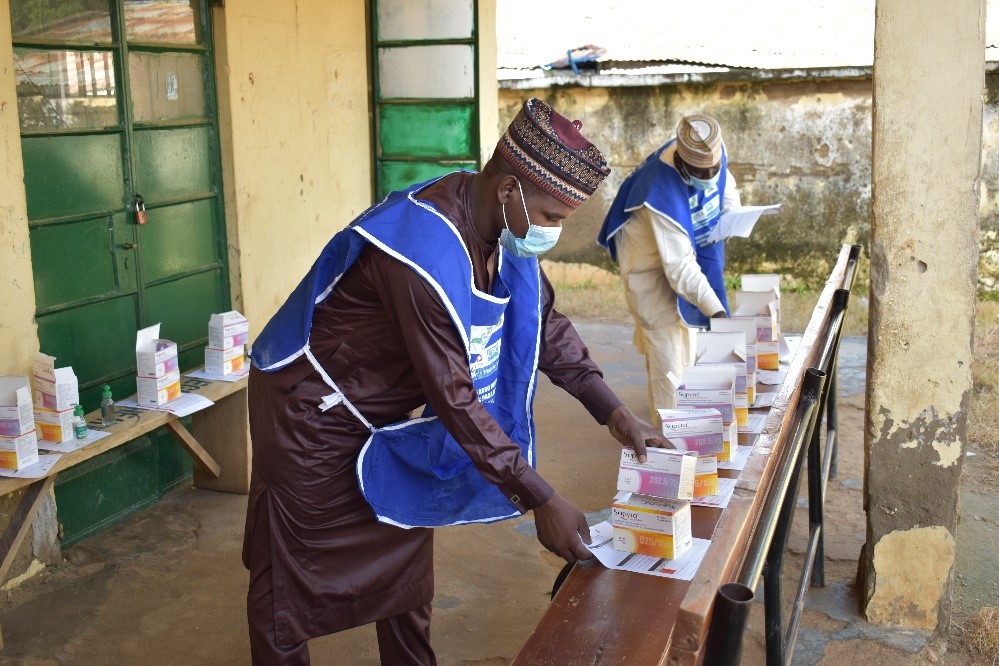Women’s, Children’s, and Adolescents’ Health
Women’s, Children’s, and Adolescents’ Health
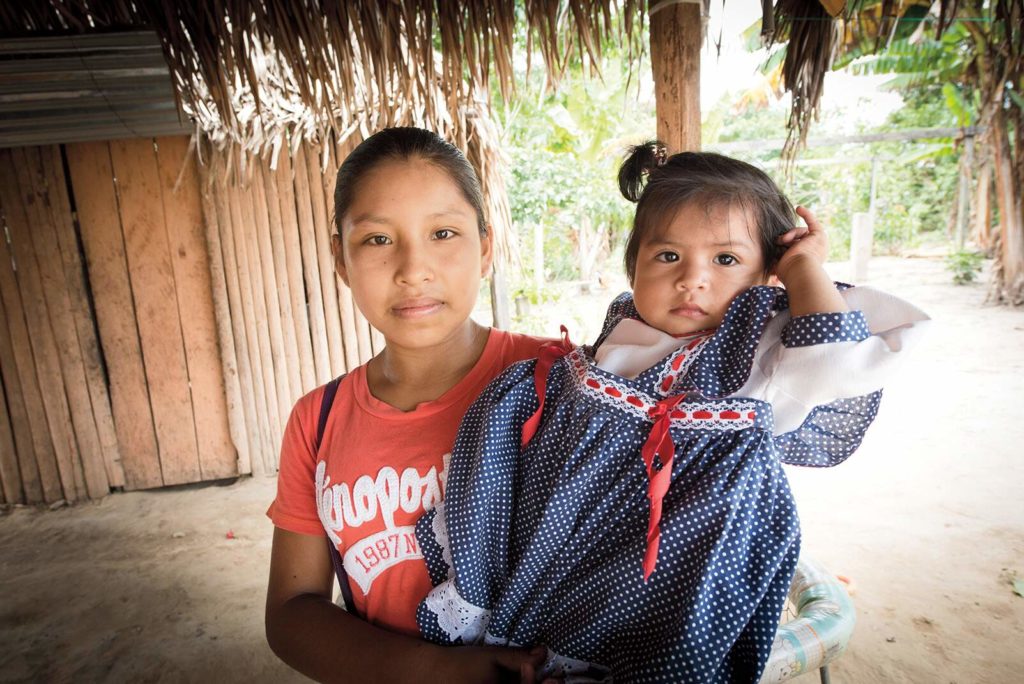
Empowering Individuals and Strengthening Services for Women, Newborns, Children, and Adolescents
Each year, there are an estimated 4.5 million maternal and newborn deaths and stillbirths and approximately 5 million deaths of children under the age of 5 years globally, due to largely preventable causes. Most of the maternal, newborn, and child deaths and stillbirths occur in low- and middle-income countries (LMICs). Early pregnancies and childbirth are common among adolescents in LMICs, and associated complications are among the leading causes of death for girls aged 15–19 years.
To address these preventable deaths and help women, newborns, children, and adolescents survive, thrive, and reach their full potential, MSH invests in quality, people-centered primary health care that brings essential health services closer to communities. Working at every level of the health system and across the public and private sectors, we support national and local partners to develop resilient health systems and cross-sectoral partnerships that improve health outcomes by enhancing access to and quality of integrated health services. We actively engage women and adolescents in the design and implementation of culturally respectful interventions that meet their needs and ensure good health throughout their lifetime. By leveraging proven tools to better support health care workers, we help strengthen patient experiences; promote continuous quality improvement; and bring lifesaving health innovations, like group antenatal and postnatal care, to scale.
Our work:
- Improves the competencies and resiliency of health care workers
- Strengthens patient-provider relationships
- Employs positive youth development and human-centered design approaches
- Delivers essential services and quality standards across the continuum of care
- Offers peer support before, during, and after pregnancy
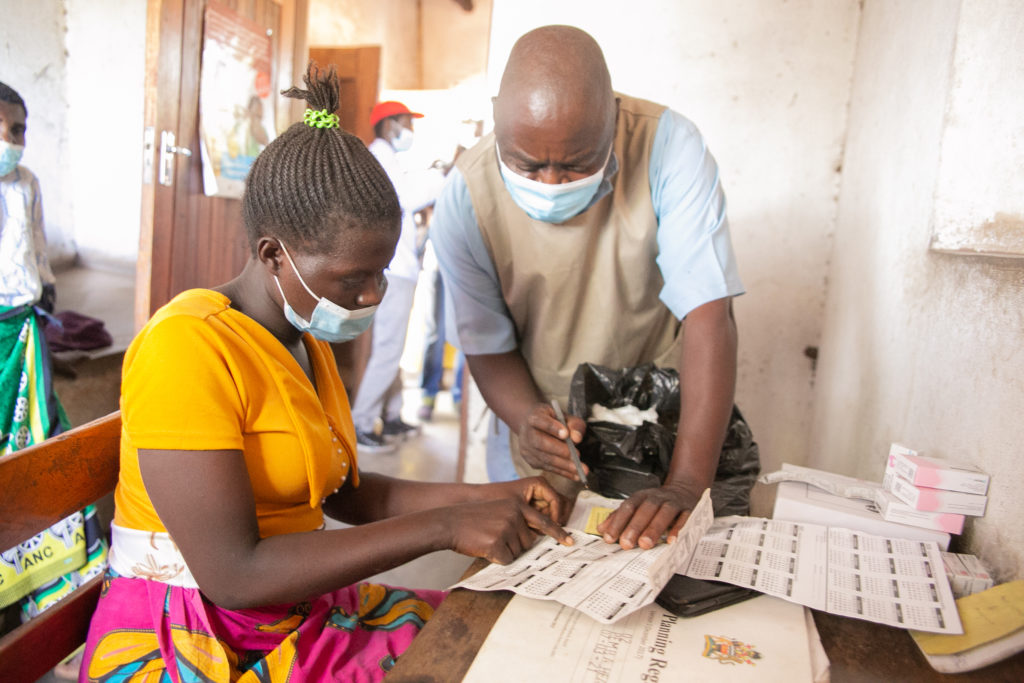
Ensuring Availability and Accessibility of Quality Family Planning Services
Through the ONSE Health Activity, we supported Malawi’s Ministry of Health and Population in expediting the scale-up of Sayana Press, a new model of long-acting contraceptive protection for women and youth, in all districts. Using supportive supervision in 19 facilities, we provided on-the-job mentorship, joint problem solving, and communication training to build the competencies of health workers to provide Sayana Press across communities, helping to ensure the availability and accessibility of quality family planning services in hard-to-reach areas.
Management Sciences for Health, Liberian Government Partner with USAID to Strengthen Liberia’s Health System
Under the Local Health Solutions (LHS) Activity in Liberia, MSH will provide guidance and support to six Liberian organizations—four of which are women-led—as they implement a package of quality improvement and health systems strengthening interventions in targeted counties to improve primary health care services.
Maternal, Newborn, Child, and Adolescent Health Fact Sheet
Despite significant progress, many women, newborns, children, and adolescents across the globe still do not receive quality, respectful, and responsive care. Each year, there are an estimated 4.5 million maternal and newborn deaths and stillbirths globally due to preventable causes. Providing quality health care requires a complex web of organizations, individuals, processes, and actions that make up a health system. Expanding access to and use of integrated, equitable, high-quality, and people-centered health services at all levels of the health system is core to our work at MSH..
Join MSH at Women Deliver 2023
More than 6,000 representatives from grassroots advocacy organizations, governments, civil society organizations, the private sector, youth organizations, and others are headed to Kigali, Rwanda, for the Women Deliver 2023 (WD2023) conference, from July 17-20.
Addressing this year’s conference theme, “Spaces, Solidarity, and Solutions,” our MSH delegation will share strategies for how to strengthen health systems to provide socially and culturally responsive person-centered care, co-designed with women and health care providers.
Meet Our Technical Experts
Please direct all inquiries and media or speaking engagement requests for our Technical Experts to Jordan Coriza at [email protected] or 617-250-9107.
